I’m a Dark Academia Connoisseur— and Some of Y’all are Defining the Genre Wrong
Listen— I LOVE a good Dark Academia book. The whole aesthetic in general, really. I was a prep school kid. I went to college at the kind of institution that has as many ghost stories as it does students. I went to grad school at a university older than the United States. I’m a history person. I love a good piece of Gothic lit as much as the next person, and I LIVE for a good flouncy skirt and collared shirt combo. So yes, I’m the target audience for the genre.
AND. Some of Dark Academia’s most devoted following, especially in spaces like BookTok, lack an in-depth understanding of what the genre actually is.
Dark Academia isn’t just a book that takes place in a school (I love Vampire Academy but if I see one more post describing it as Dark Academia I might lose it). If you’re reading DA, it should have the hallmarks of the aesthetic— ivy-covered walls, dusty libraries, Oxfords and boots, a romantic lead who looks a little like Milo Thatch or Evie O’Connell-- AND, there should be something broken underneath the foundations of the story. Something rotten, bloodstains seeping into the ground underneath the ivory tower where the story takes place. And that’s the point. DA is a genre that takes place within a system of academia, and academia itself is built on empire and colonialism— anyone who’s spent time in a graduate program (especially a humanities graduate program) can tell you that. So to get Dark Academia, you should be engaging with an inherently unfair system, a system that forces conversations about classism and elitism, a system that allows for creativity but only within the very specific confines of research guidelines and the structure of classes and citations and tenure tracks.
SO, with that in mind: here are some of my favorite Dark Academia book recommendations:
1.
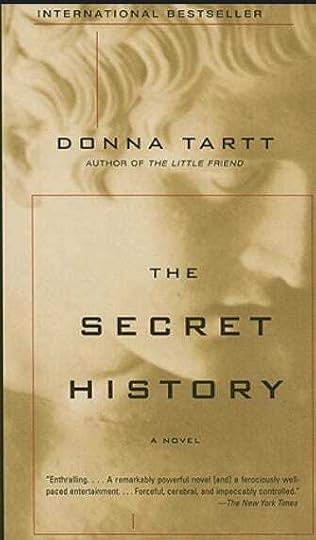
The Secret History is the blueprint for a reason. Class issues? check. Discussion of ivory tower elitism and sacrifice? check. Delusion and horror? Yep. Aesthetics? Beyond yes.
2.
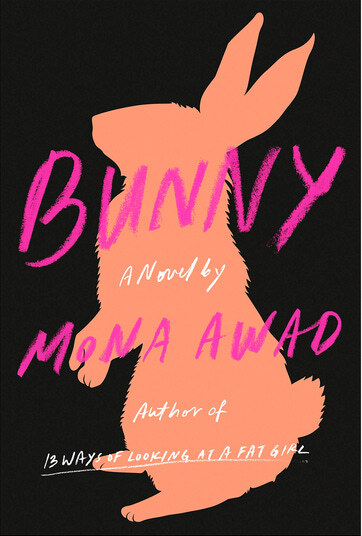
Bunny is a favorite for me specifically because of how categorically weird it is. Everyone who’s ever taken and enjoyed a college or grad level creative writing class should read this book.
3.
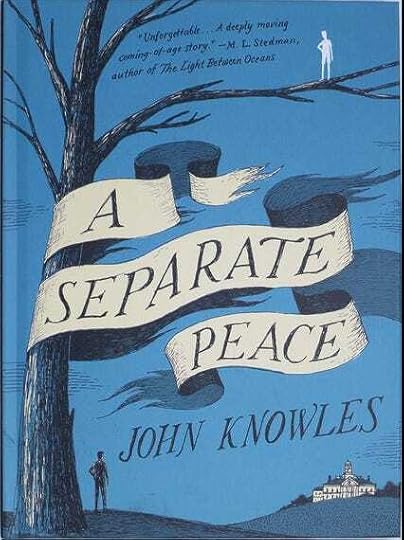
A Separate Peace is one of those books that I never expected to stick with me as much as it did. It was assigned reading in 8th grade. It wasn’t the first coming-of-age book I ever read. But it’s a really excellent discussion about morality and patriotism, all through the lens of an all-boys school during World War II. My only real criticism of this book is that it’s all about men and boys— BUT, in some ways, that makes it all the more important. Because it’s also a discussion about intimacy and codependency, and it’s important that we talk about men having emotions beyond the stoicism of anger and rage! (and it’s pretty easy to read it as a piece of gay literature, if you want)
4.
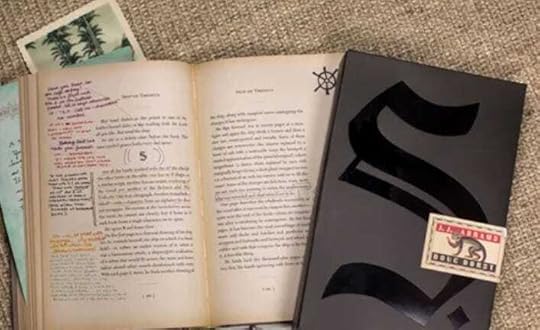
S/Ship of Theseus is one of those books that blows your mind the first three times you read it. It’s pretty darn close to a perfect book for me. It’s the book, Ship of Theseus by VM Straka. But it’s also the story that gets scribbled in the margins, an epistolary tale of Jen and Eric, who pass the book back and forth and leave messages in between the pages. If you’re the kind of person who likes to highlight passages in your books, or who considers margin notes the best kind of love story, this one is for you.
5.
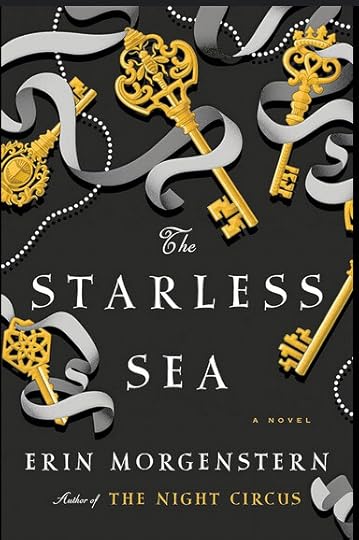
The Starless Sea! It’s a book about stories, and what makes a story, and how people become stories and how stories leave their mark on people. And let’s not forget that the whole book starts because of an unmarked book in a library. This is a book tailor-made for people who wish they could move into a library and never leave— even if the library is crumbling around them.
6.
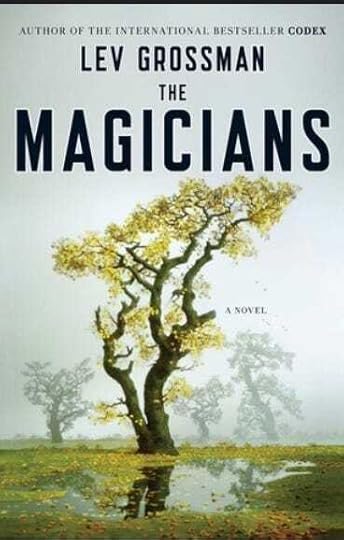
The Magicians is basically just Narnia for depressed grown-ups who went to grad school. As a depressed grown-up who went to grad school, I adore this series (sliiiightly less love for the narrator, I’m not really a Quentin Coldwater fan, but it’s worth it, I think)
7.
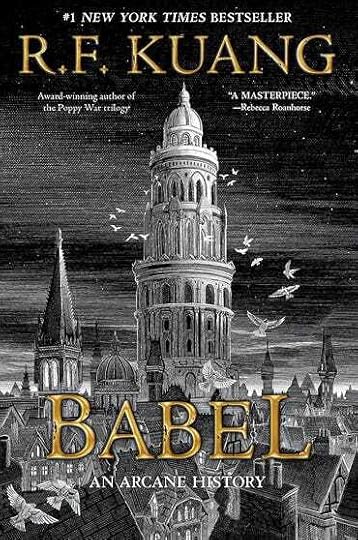
Babel is one of those books that I will probably never shut up about. Maybe I’m a little biased— I really love conversations about colonialism and empire and how it’s shaped academia, and I also really love linguistics and conversations about linguistic development— and I know I’m a sucker for a good magic system. But this book was easily my favorite book of 2022, and I still think about it probably once a week, so into this list it goes.
8.
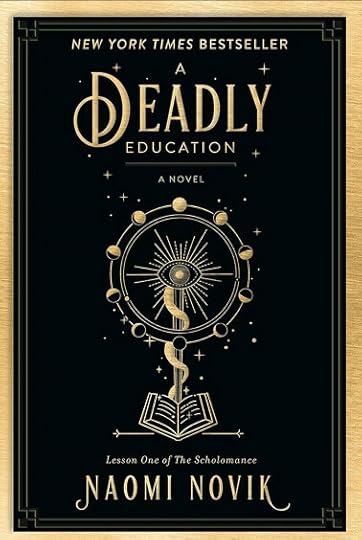
A Deadly Education/the Scholomance series: it’s magic school, but the school is trying to kill the students. And Naomi Novik wrote it. I feel like I don’t have to say anything else to convince you.
9.
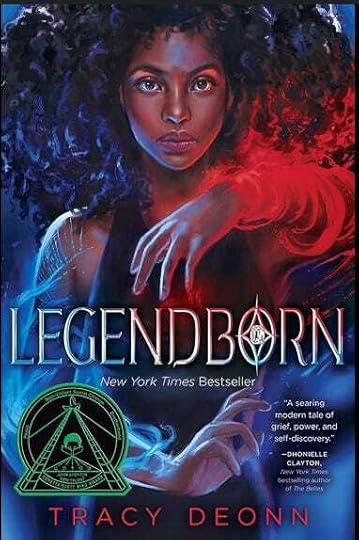
Legendborn starts with an excellent premise (Arthurian knights of the round table, but several generations descendant and operating as a secret society at UNC) and then builds on it in some really interesting ways (racial violence and kinship bonds, claimed and unclaimed heritage, etc). It’s close to a perfect book. Highly recommend.
10.
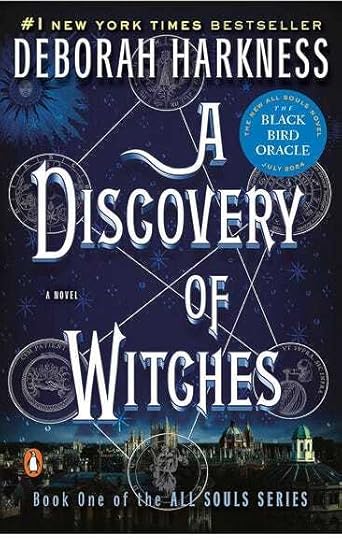
I don’t really think of A Discovery of Witches (All Souls series) as an academia book, dark or otherwise. Or at least, I didn’t used to— until I recommended it to people who were looking for an interesting supernatural romance and every single person I recommended it to took issue with the pacing, the fact that it didn’t really follow romance rules, and the fact that both of the main characters spent WAY too much time wandering around a library talking about citation systems. Which… fair. And the author also doesn’t class it as a romance— she’s a historian, and that’s probably why I like her books so much. Also, the first book does largely take place at Oxford and in French chateaus, which is… well, on-brand.
11.
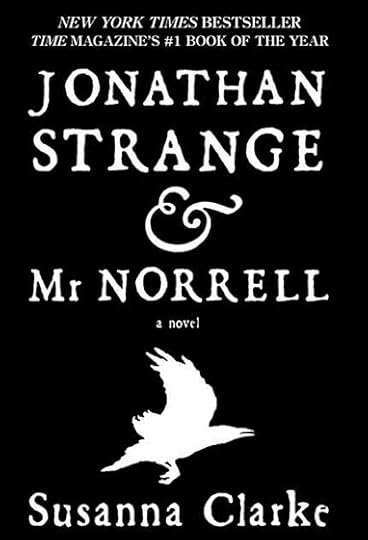
Jonathan Strange and Mr Norrell is not classroom/school Dark Academia, it’s old-school society-men-with-time-and-money-and-mad-scientist-impulses Dark Academia. And I LOVE it. Also, it has a scary fairy— and I love a scary fairy (I’m tired of fairies being either cute and sparkly, or just vaguely yassified elves).
On this note- I did just finish reading Emily Wilde’s Encyclopaedia of Faeries. I really, really liked it. It may well end up being added to this list. BUT, I’m not a thousand percent sure it’s a Dark Academia book. Academic in structure and nature, yes. But a critique of academia itself? I’ll have to read the second book to be sure. But never fear, I’m enjoying it greatly and will figure out what category to shelve it in eventually!
Gemma Tate- Books, Writing, and More is a reader-supported publication. To receive new posts and support my work, consider becoming a free or paid subscriber.



